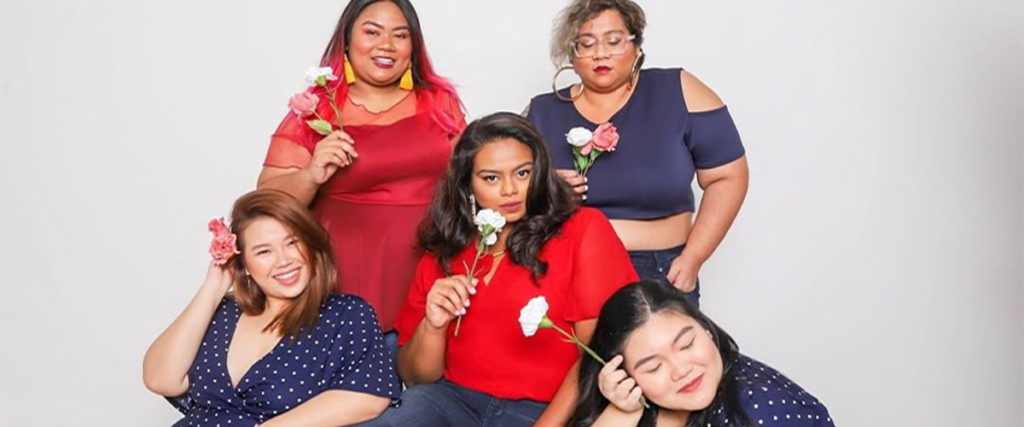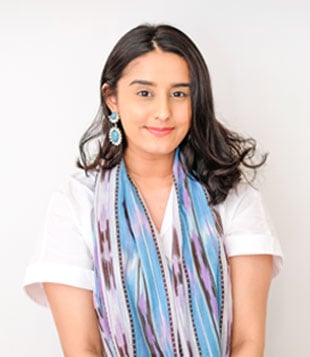All around the world, body positivity is blooming in the hearts, minds and retail landscapes of a generation. Plus size fashion is helping foster this change, but three outspoken campaigners say HK still lags behind.
‘Plus-size’ is a description that comes with many connotations. To some, it is an unbiased term solely used to illustrate sizes. To others, it’s a discriminating label that symbolizes ‘fat-shaming,’ and to an increasingly powerful lobby, it represents a groundswell movement to be embraced. The ‘plus size’ fashion market was valued globally at US$165.2 billion in 2017 and is estimated to grow at a rate of 4.4% from 2018 to 2026. Boasting massive recognition in the West, it’s given rise to one of the biggest booms in retail in the last few years, thanks to a powerful group of influencers and entrepreneurs who see a lucrative space and a growing body positivity movement – think everyone from American supermodel, Ashley Graham, to Australian online fashion retailer, Showpo, American fashion designer, Christian Siriano, who produces designs from sizes 2 throughout 28, and Nike, the sportswear label that recently revealed its first plus-size mannequin. In Asia, however, it’s a different story. Hive Life spoke to three women trying to change that.
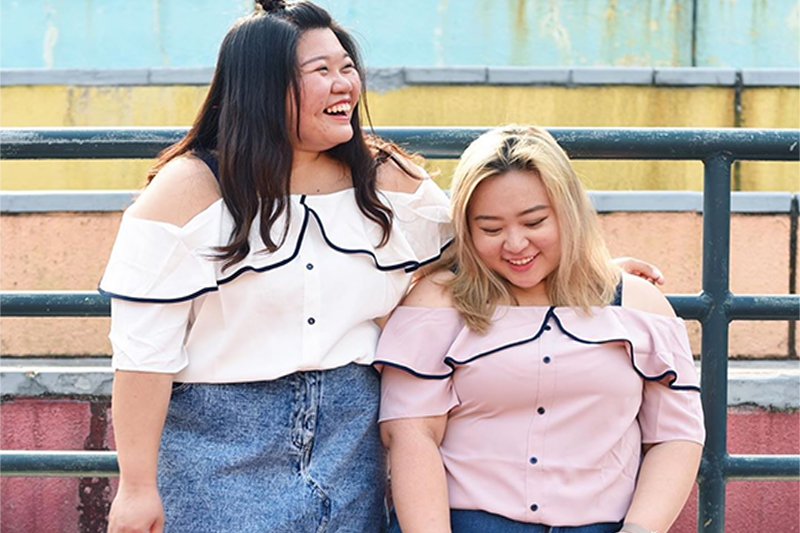
In Hong Kong, perceptions regarding a woman’s size are rooted in long-held assumptions. For a woman to be greeted by a friend or relative with the standard, “Gum loi mo gin, zhou meh fei zhou gum dou geh?” (I haven’t seen you in a while. Why have you gotten so much fatter?) is recognized to be wholly ordinary. Bertha Chan, a Hong Kong-based plus-size fashion influencer explains, “In Hong Kong, only one type of beauty is advertised.” And that definition takes the distinctive direction of being skinny and sylphlike. “Even today, my father always tells me not to eat too much as I’m fat. I know his advice is for the best, but it annoys me a lot. I grew up as a chubby girl who loves to eat,” says Joanne Au Yeung, a plus-size Instagram influencer. It’s a way of thinking that has not waned as those espousing it have aged, making its way into people’s lives and thinking in ever more innovative ways. Should you have been looking, you may have noticed Weibo’s 2015 ‘collarbone challenge,’ an online contest that saw millions of girls challenging themselves to see how many coins they could balance on their collarbones. Or, perhaps you caught the A4 waist challenge, another digital media obsession that found women comparing their waists to a piece of A4 paper.
You might also like The Woman Re-Inventing Luxury in Hong Kong
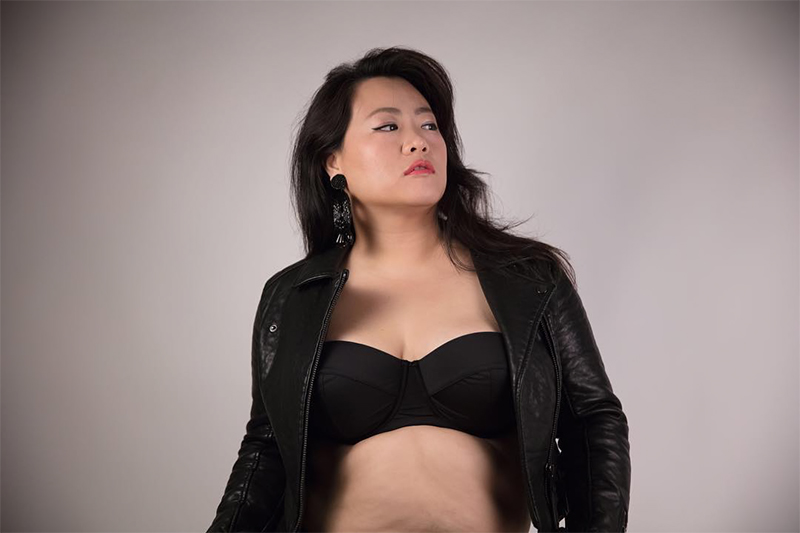
The world of retail in Hong Kong, one of the city’s fastest-growing industries, has always been seen as one of innovation. In the area of plus size retail, however, this is not the case. “Growing up, it was really hard for me to find suitable clothes with appropriate sizes and styles. I’m sure there are girls out there who face the same struggle,” says Makayla Ng, now the founder of Fashion Corner Plus, one of Hong Kong’s very few plus-size stores. In fact, in spite of the hugely growing societal and business trend to broaden notions of beauty across the world, Hong Kong retailers continue to peddle the idea of slim being beautiful. Take FANCL’s slimming pills, advertised consistently in cinemas, or Hong Kong’s branch of UK brand Topshop, which carries a petite section but not the converse. “People tell me not to listen to the advertising industry and their way of selling an unrealistic standard,” says Bertha of her experiences. “But, Hong Kong is always been slower to change compared to other places. If you speak up, they’ll tell you it’s just better to lose weight. It’s a shame.”
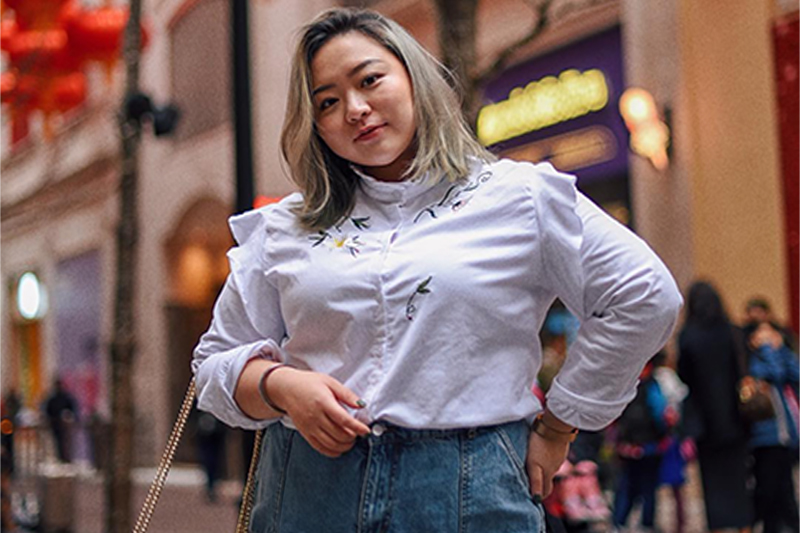
For change to come, it needs to start from the ground up, and in the minds of not the few but the many. “A few years ago, I was wearing a skirt while waiting for the train to come. I overheard a kid behind me tell his mother my legs were so big and fat,” says Joanne. As she sees it, it’s up to her – and others like her – to reframe that narrative, using social media to both provide a safe place for people who currently feel ostracised, and challenge businesses with the impetus to address their needs. “As a woman of colour, and as a person who is fat, there are things that impact me as a person. Yet, it’s made me who I am today,” says Bertha. “I am fighting for a lot of people.” Given the success of inclusive beauty and fashion strategies around the world, it’s clearly a fight worth being on the right side of.
Banner Photo Credit: Instagram @thecurvecult
Related Articles
Supermint: Asia’s Sustainable Fashion Marketplace
